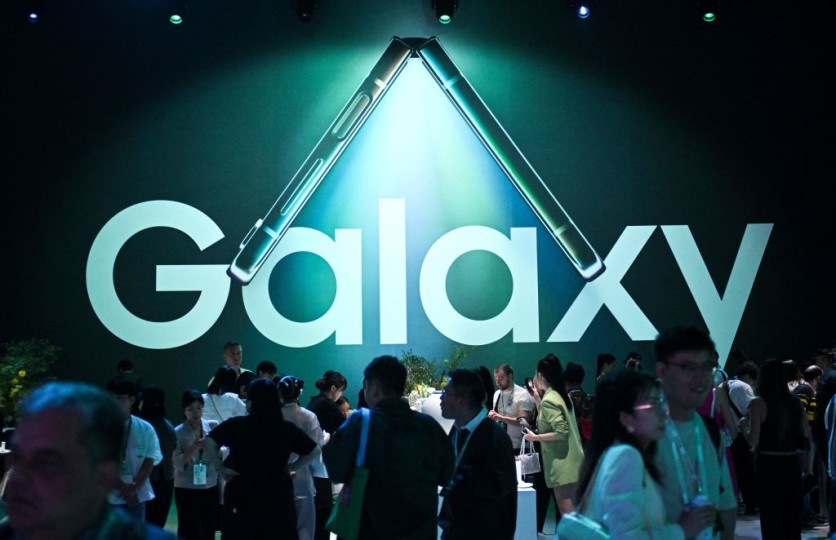Samsung reportedly wants to develop artificial intelligence features, especially for Chinese customers, to compete with regional manufacturers like Huawei in that market.
However, for the past few years, Samsung has struggled in China, the largest smartphone market in the world. Its smartphone market share is less than 1%, and regional competitors like Huawei dominate it.

Samsung has been attempting to change its approach in China for several years with limited success. The tech behemoth now hopes AI can provide it with the capabilities its devices require to draw in Chinese customers.
The CEO of Samsung's mobile division, TM Roh, did not provide many details about what Galaxy AI would entail in China other than to say that it will depend on collaborating with regional internet and tech firms.
For instance, as part of their collaboration, the two companies included Baidu's Ernie chatbot this year in Samsung's Galaxy S24 handsets.
Beijing's dominance over the internet and the stringent laws surrounding AI make doing business in China difficult.
Microsoft Prefers Apple Over Android
Samsung's anticipated AI features focusing on China also coincide with Microsoft's recent security measures in China, which mandate that workers only use Apple devices for work-related access.
Before the current declaration, they were permitted to use Android cell phones, but things have changed for individuals who typically rely on these devices.
According to sources, Microsoft will need Apple devices in China for employee login verification. This is covered by the business's worldwide Secure Future Initiative (SFI), which aims to standardize identity verification and password management for all employees.
Microsoft's choice is mostly influenced by the fragmented Chinese app industry. In contrast to most other countries, Google Play is not available in China, and Google Mobile Services (GMS) is not available in the app stores run by regional phone makers such as Xiaomi and Huawei.
Certain missing services, such as the Identity Pass and Microsoft Authenticator apps, are essential for secure logins within SFI.
The software developer will give all staff now using Android devices a one-time iPhone 15, regardless of the manufacturer, to verify compliance. These phones will be available for pickup at specific locations throughout China, including Hong Kong, where GMS is reachable.
Stock prices barely moved after Microsoft's decision was announced. There were tiny pre-market advances in shares of Microsoft and Apple and slight drops in shares of Xiaomi and Alphabet, Google's parent company.
China on Western Software
While South Korean tech giant Samsung is looking to increase market shares in China, China is seeking to decrease the use of Western software after recent improvements to the Chinese open-source computer operating system, OpenKylin, for AI personal computers (PCs).
After decades of work, China finally released openKylin in 2022 as a domestic alternative to Windows and macOS. Beijing is making more of an effort to become more technologically self-sufficient due to trade tensions with the US.

ⓒ 2025 TECHTIMES.com All rights reserved. Do not reproduce without permission.




